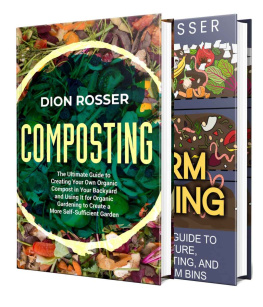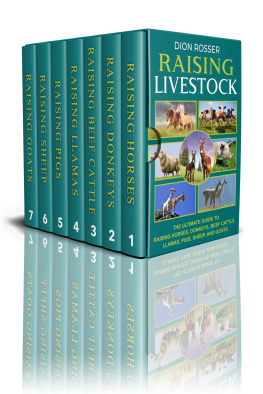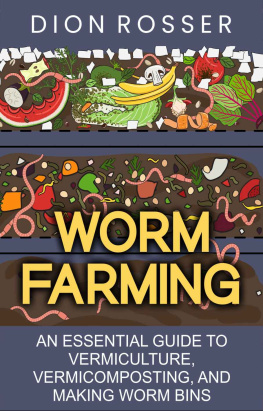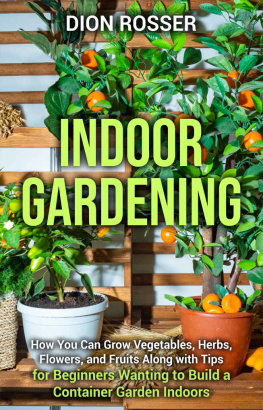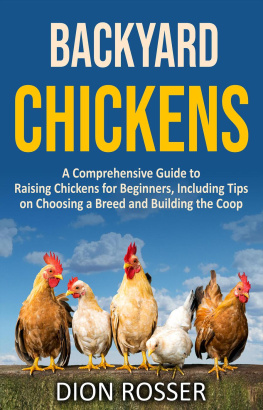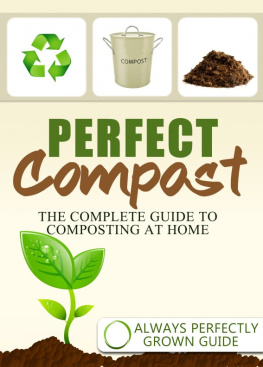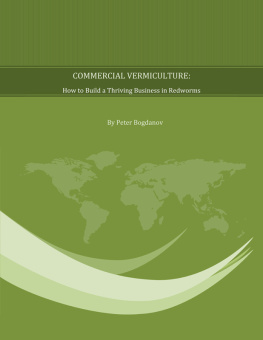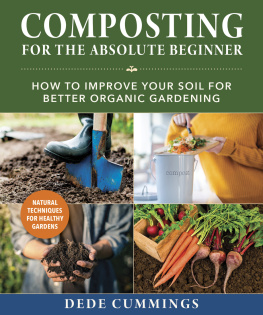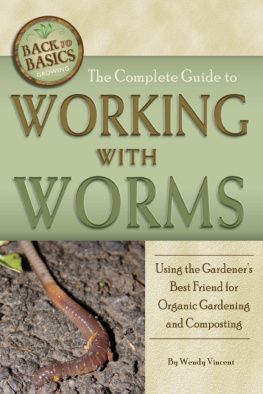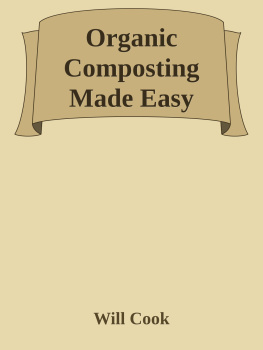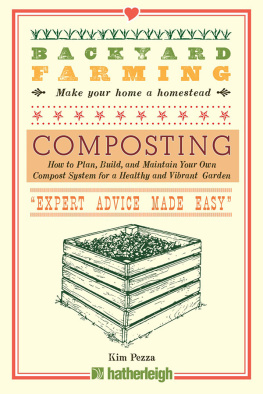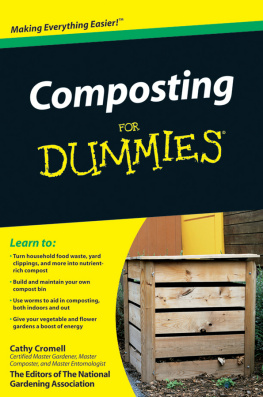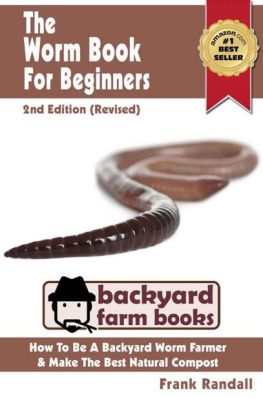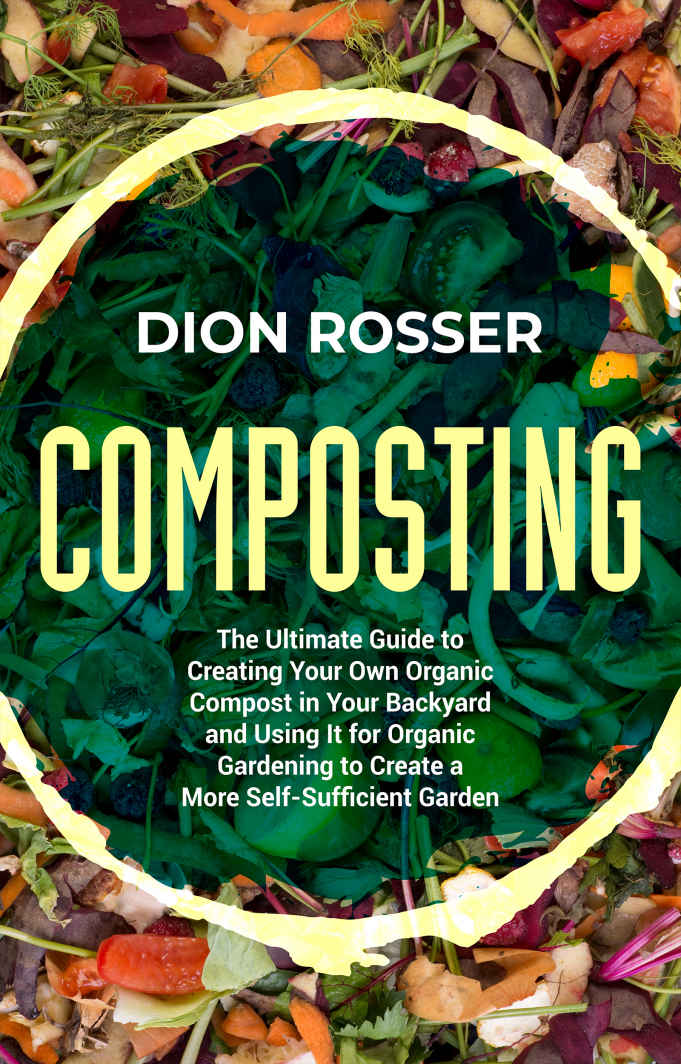Copyright 2021
The contents of this book may not be reproduced, duplicated, or transmitted without direct written permission from the author.
Under no circumstances will any legal responsibility or blame be held against the publisher for any reparation, damages, or monetary loss due to the information herein, either directly or indirectly.
Legal Notice:
You cannot amend, distribute, sell, use, quote, or paraphrase any part of the content within this book without the consent of the author.
Disclaimer Notice:
Please note the information contained within this document is for educational and entertainment purposes only. No warranties of any kind are expressed or implied. Readers acknowledge that the author is not engaging in the rendering of legal, financial, medical, or professional advice. Please consult a licensed professional before attempting any techniques outlined in this book.
By reading this document, the reader agrees that under no circumstances is the author responsible for any losses, direct or indirect, which are incurred as a result of the use of information contained within this document, including, but not limited to, errors, omissions, or inaccuracies.
Table of Contents
Introduction
Organic composting. These two words sound like they involve sizeable industrial equipment and vast agricultural space. Chances are youve never thought of making your own organic compost, and most people think it is reserved for farmers and large agricultural companies.
In reality, organic composting is the practice of making valuable soil humus from decomposing materials. Based on this definition, you can already tell this is something you should have no problem setting up in your home.
For years, humans have been using compost to improve soil structure and quality to facilitate better and healthier plant growth. In the past, we had to purchase compost from agricultural stores nearby, but in recent years, gardeners have taken the initiative to start making their very own organic compost at home.
This book provides in-depth information on organic composting in a home garden. From beginning to end, you will find valuable information on how to start making organic compost from the scraps in your kitchen and the dry materials all around you.
Anything is compostable, as long as you know which methods to implement and how you will apply them. Luckily, this is where this book comes in. In Organic Composting , you will learn what composting entails, the different methods, and the best techniques to create quality organic compost.
The first chapter introduces you to organic composting and the science behind it. How do organic materials turn into fine soil for plants? Who or what makes that happen? What are the stages involved in the process? Those are some of the questions that are answered in the beginning.
Once you have understood the basics of composting, its time to get your hands dirty and implement the knowledge you have learned. From finding the best composting tools to the optimal material for producing rich compost!
Organic composting is for anyone looking to learn how to use compost to improve the quality of their yields or who just wants to do their part for the environment. It does not matter whether you are a beginner or an experienced gardener. There is something for everyone in the book.
Ready to dive into the intriguing world of organic composting? Start reading to begin your journey!
Chapter 1: Introduction to Organic Composting
Composting is simple. It is the process of naturally recycling organic matter (food scraps, leaves, etc.) into a nutrient-filled fertilizer to enrich your soil and, subsequently, your plants. A simple way to put it would be, compost can be defined as decayed organic matter.
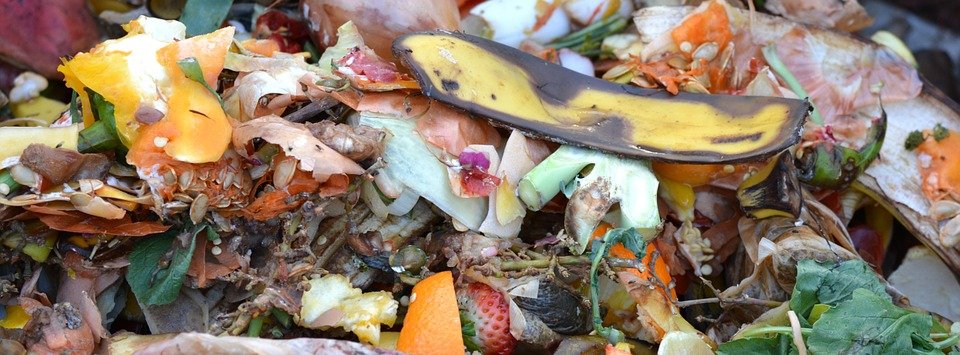
Everything that grows in a horticultural environment decomposes after a while. When done right, composting provides a suitable environment for fungi, bacteria, nematodes, worms, sowbugs, and other organisms to hasten the decomposing process without the intervention of chemical or artificial products.
Organic matter can refer to a wide range of things, from the twigs in your backyard to banana or orange peels. When you create a compost pile made out of these organic byproducts, they start breaking down naturally. The resulting matter from this process is called compost.
It typically looks like garden soil but is much more fertile. Organic compost is often called black gold by gardeners, growers, and farmers. It is richer in nutrients than ordinary gardening soil, and you can use it for all kinds of things, from simple gardening to industrial agriculture and horticulture.
Contrary to what you may have been led to believe, composting isnt as tricky or foul-smelling as people say. You can compost anywhere as long as you know and understand the fundamentals of the process.
You can compost almost everything, as long as it comes from the ground. Vegetable and fruit scraps such as carrot peels, avocado pits, pumpkin leftovers, cucumber ends can all go into a compost pile. Since grain also grows in the soil, you can add cereal, pasta, stale bread, and other items into a compost heap, as well. Basically, instead of throwing away scraps of uneaten foods into the trash, youll just repurpose them.
Other things such as tea leaves, spices, coffee grounds, herbs, eggshells, and nuts are also suitable for making organic compost. You can also include disease-free plant trimmings and cut flowers. However, as much as there are things you can add to your compost heap, there are hundreds of things that you should definitely exclude.
Animal products, in general, are not acceptable in compost heaps. You cannot add fish, meat, butter, cheese, yogurt, animal fat, or milk. A general rule of thumb is to exclude anything greasy or oily from a compost pile.
Many people believe they can add their pets poops to their compost because it is also organic. As logical as this may seem, it is not advisable. Your pets poops can introduce certain diseases into the compost, which may render the pile unusable and end up being a waste of your time and resources.
You may already be familiar with composting since it is a widespread practice in many homes. But the term organic composting confuses a lot of people. If compost is already called decayed organic matter, then what is organic compost?
Like most people, you probably have a vague idea of what the term organic means or encompasses. However, if you were asked to break down the specific definition, that might be a little easier said than done.
Nutritionally, organic describes anything that encompasses sustainability, environmental awareness, health consciousness, and is free of chemicals. But these words dont drill down on the true meaning of organic.
It is impossible to give a single, straightforward answer, but some vital definitions can help you understand what organic means.

